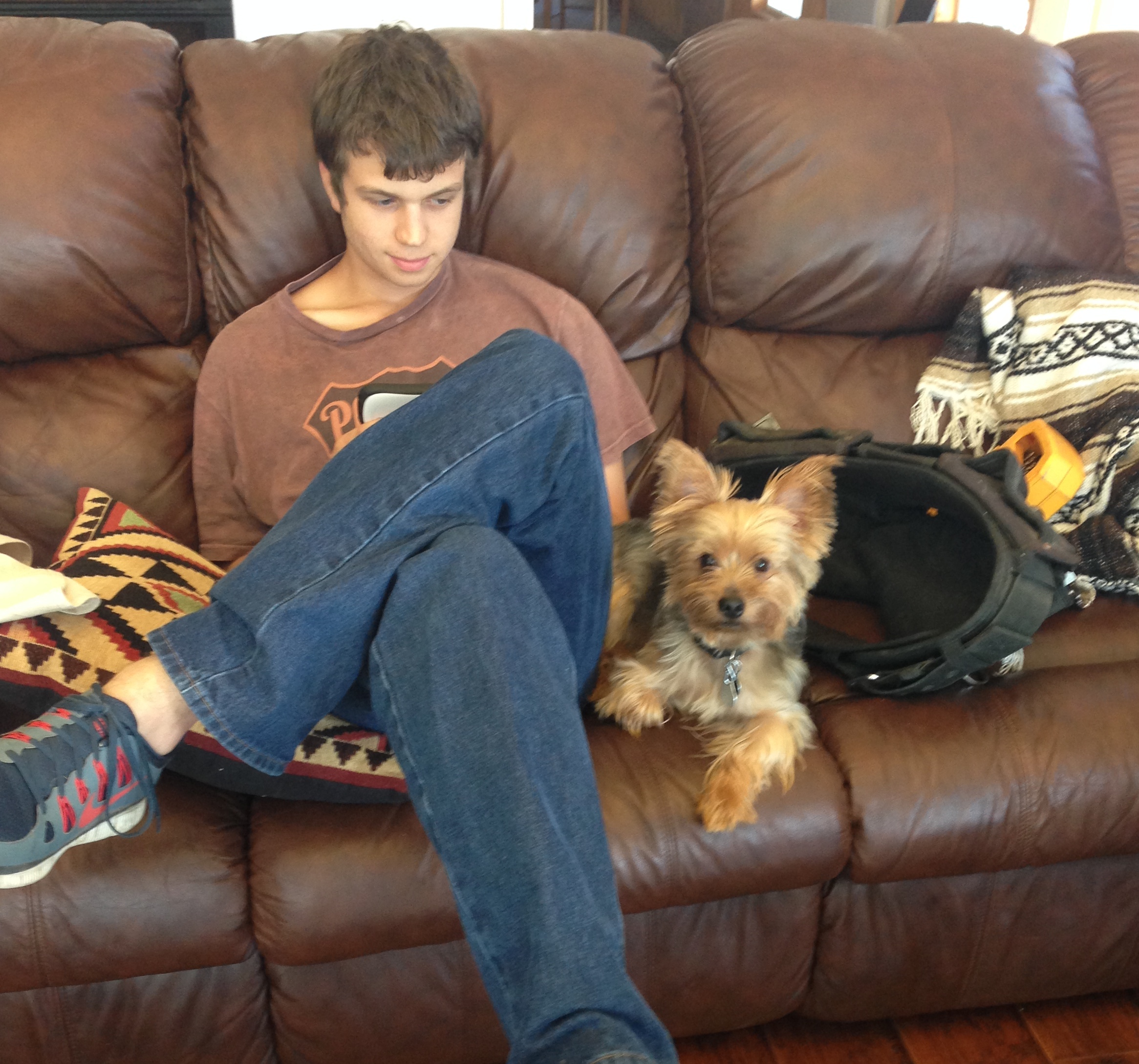Mentorship and Role Models are Crucial for Those with ASD
With my decades of direct support with individuals who have Autism I have noticed a few commonalities with social skills modeling and maintaining positive healthy friendships. Mentorship and role models are incredibly important for adults with ASD. There are many ways that you can make sure that this invaluable resourceContinue Reading













